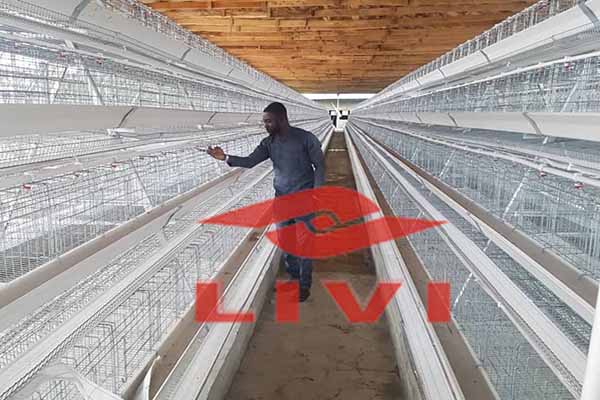How to Start a Chicken Farm in Alberta: A Comprehensive Guide
Time : 2025-06-30
Starting a chicken farm in Alberta can be a rewarding venture. With its diverse climate and fertile lands, Alberta offers ideal conditions for poultry farming. This guide will provide you with essential information on how to get started, including the legal requirements, equipment, and marketing strategies.
Legal Requirements
Before setting up your chicken farm, it’s crucial to understand the legal requirements in Alberta. Here’s a rundown of the key aspects:
1. Business Registration
Register your farm as a business with the Government of Alberta. This will help you stay compliant with local regulations and make it easier to obtain licenses and permits.
2. Health Certificates
Obtain health certificates for your chickens. These certificates ensure that your birds are free from diseases that could affect the public or other poultry farms.
3. Zoning Permits
Check with your local government for zoning regulations. Some areas may have restrictions on poultry farming.
4. Environmental Approvals
Alberta has specific regulations regarding waste management and environmental protection. Ensure your farm meets these requirements to avoid fines and penalties.
Selecting the Right Location
Choosing the right location for your chicken farm is essential for its success. Consider the following factors:
1. Proximity to Markets
Choose a location that’s close to potential markets, such as restaurants, grocery stores, and farmers’ markets. This will reduce transportation costs and ensure fresh, high-quality produce reaches customers.
2. Availability of Water and Land
Ensure the site has access to clean water and suitable land for farming. Good soil quality and drainage are essential for chicken farming.
3. Proximity to Other Poultry Farms
Avoid locating your farm too close to other poultry farms, as this can increase the risk of disease transmission.
Equipment
Investing in the right equipment is crucial for a successful chicken farm. Here’s a list of essential equipment:
1. Chicken Coops
Choose coops that provide adequate space for your chickens to roam and lay eggs. Ensure the coops are well-ventilated, insulated, and protected from predators.
2. Feeders and Waterers
Use automatic feeders and waterers to ensure your chickens have constant access to food and water. This can help improve growth rates and egg production.
3. Heating and Cooling Systems
Install heating and cooling systems to maintain a comfortable environment for your chickens, especially during extreme weather conditions.
4. Equipment for Processing and Storage
Invest in equipment for processing chickens, such as killing cones, scalers, pluckers, and chilling systems. Additionally, ensure you have proper storage facilities for feed, eggs, and meat.
Chicken Breeds
Choose chicken breeds that are well-suited to the Alberta climate and your farming goals. Here are some popular breeds:
1. Laying Chickens
– Rhode Island Red
– Leghorn
– Australorp
– Orpington
2. Broiler Chickens
– Cornish Cross
– Ross 308
– Cobb 500
Feeding and Nutrition
Proper nutrition is crucial for the health and productivity of your chickens. Here are some tips:
1. Balanced Diet
Provide a balanced diet that meets the nutritional requirements of your chickens. Use high-quality feed and avoid feeding them table scraps or leftover food.
2. Regular Feeding Schedule
Maintain a consistent feeding schedule to ensure your chickens receive adequate nutrition. Adjust the amount of feed based on the age and stage of growth of your chickens.
3. Water Supply
Ensure your chickens have constant access to clean, fresh water. Water is essential for digestion and overall health.
Marketing Strategies
Developing effective marketing strategies is essential to ensure your chicken farm remains profitable. Here are some tips:
1. Direct Sales
Sell directly to customers through farmers’ markets, roadside stands, or online platforms. This approach allows you to build relationships with customers and offer high-quality products.
2. Wholesale
Consider selling your chickens or eggs to local restaurants, grocery stores, and food processors. This can provide a steady income source.
3. Partnerships
Form partnerships with other local businesses, such as organic markets or natural food stores, to expand your market reach.
Conclusion
Starting a chicken farm in Alberta requires careful planning and attention to detail. By understanding the legal requirements, selecting the right location and equipment, choosing appropriate chicken breeds, ensuring proper nutrition, and implementing effective marketing strategies, you can build a successful poultry farm. Remember to stay informed about industry trends and regulations to ensure the long-term success of your venture.












